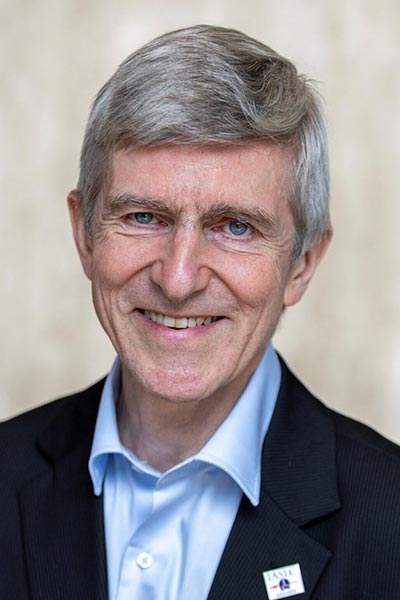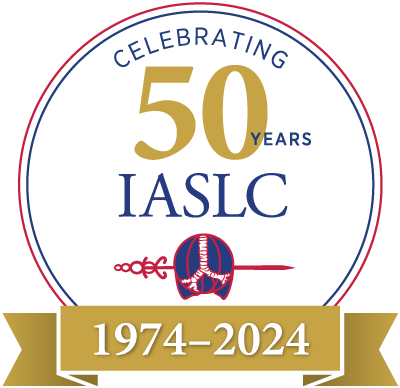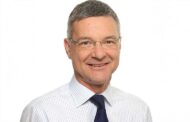
Clinical practice is poised to change in lung cancer screening and immune oncology. The first of two Presidential Symposia will unveil five of the highest rated late-breaking abstracts to be presented at the 2024 World Conference on Lung Cancer. Featured papers include an examination of a biannual screening program and the largest head-to-head comparison of perioperative versus neoadjuvant nivolumab for resectable non-small cell lung cancer (NSCLC) to date.
“We had a long list of high-scoring, practice-changing, late-breaking abstracts this year,” said IASLC President Paul Van Schil, MD, PhD, Professor in Thoracic and Vascular Surgery at Antwerp University Hospital, Antwerp, Belgium. “We had so many highly rated abstracts we have planned Presidential Symposia to allow plenty of time for presentation, discussion, and questions.”
Presidential Symposium 1 runs from 08:30–10:00 PDT tomorrow, Sunday, September 8, in the Plenary Hall at the San Diego Convention Center. The session will be livestreamed and available on demand for all registered WCLC 2024 attendees.

08:30–10:00 PDT, Sunday, September 8
Plenary Hall, San Diego Convention Center
Presidential Symposium 1
The first of two Presidential Symposia will include the presentation of five of the highest-rated, late-breaking abstracts submitted for WCLC 2024. The session will also include an address by IASLC President Paul Van Schil, MD, PhD.
Dr. Van Schil highlighted two studies he said are likely to have immediate impact on clinical practice. One, Triaging ILST Screening Participants at Program Entry: Comparative Performance of PanCan versus LungRADSv1.1 Protocol, used a nodule calculator to triage International Lung Screening Trial (ILST) participants with a biannual versus an annual screening program in nearly 4,500 participants.
“For some patients, a 2-year interval may be worthwhile with fewer referrals for further evaluation and a better predictive value compared to annual screening,” Dr. Van Schil said. “Biannual screening seems to be a major advantage when we discuss screening protocols. You don’t want to miss a patient with a cancer. On the other hand, you don’t want to do too many CT scans. Too many CT scans can be a concern for some patients due to radiation exposure.”
A screening protocol is currently being implemented in Flanders, Belgium, Dr. Van Schil added, which gives him a very personal interest in the presentation.
As a surgeon-investigator on the CheckMate 77T trial, Dr. Van Schil also has a personal stake in the presentation of Perioperative vs. Neoadjuvant Nivolumab for Resectable NSCLC: Patient-Level Data Analysis of CheckMate 77T vs. CheckMate 816.
“In surgery, we have long discussions about whether we should give perioperative therapy or neoadjuvant therapy in resectable stage II or III lung cancer patients.” he said. “It’s also a discussion point at multidisciplinary team meetings, so this abstract is of interest to medical oncologists as much as surgeons.
“This is not a completely fair comparison because these are two different trials, but there are some interesting data showing that, for some subgroups, perioperative therapy could be the better solution. There seems to be an event-free survival benefit for all clinical stages with perioperative therapy, which is important for all of us.”
The session will also include presentations of three other late-breaking abstracts:
- Phase 3 Study of Ivonescimab (AK112) vs. Pembrolizumab as First-line Treatment for PD-L1-positive Advanced NSCLC: Primary Analysis of HARMONi-2
- NeoCOAST-2: Efficacy and Safety of Neoadjuvant Durvalumab (D) + Novel Anticancer Agents + CT and Adjuvant D ± Novel Agents in Resectable NSCLC
- Normalized Membrane Ratio of TROP2 by Quantitative Continuous Scoring is predictive of Clinical Outcomes in TROPION-Lung01




